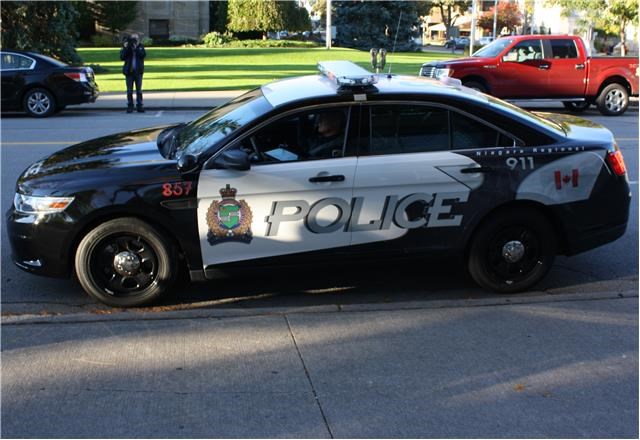In the face of multiple reports of sexual misconduct, will the NRPS launch an investigation? The answer is no.
Ever wonder why you’re not seeing Pelham crime reports in the Voice these days? We wonder the same thing. Until the end of 2018, a nice fellow at the Police Service’s Welland detachment provided such updates to the paper each week. His departure also saw the departure of even this minimal level of information voluntarily provided by the Niagara Regional Police Service. Since then, obtaining answers to questions has often been like pulling those proverbial teeth.
Take this simple question: If a number of women come into a police station, over a course of decades, reporting the same individual for committing approximately the same acts of sexual assault, will the police ever, at any point, undertake their own investigation of the perpetrator?
It took multiple, increasingly pointed tries by the Voice to get an answer from the NRPS’s media relations department—a department, incidentally, that’s costing the taxpayers an estimated $200,000 per year, and whose recent energies seem increasingly dedicated to social media, to posting self-congratulatory, brand-awareness-building Tweets, at all hours of the day.
Finally, after initially evasive responses, three days after the question was first asked the answer arrived: No.
No matter how many victims show up, and apparently no matter how heinous the act, if each victim says that they don’t want to press charges, for whatever reason (see some of those reasons explained this week by a psychology professor), then the police won’t act. That’s the end of it. Nothing we can do. Next.
“Generally speaking if a member of the public files a report alleging sexual assault and they want no further action, no charges, no court, no police contact with the suspect, we must respect that,” eventually replied a media relations spokesperson. “We do not force court on victims of sexual assault. We do not re-victimize them. It is not best practice on how to support victims. Conducting an overt investigation against the wishes of a victim / complainant also can place that victim in jeopardy, as the suspect could be able to deduce who contacted the police and they could then be in peril.”
All that sounds reasonable enough. But it’s not enough. (And of course no one want to “re-victimize” assault victims, for goodness sake.)
Either policies need to change, or the law needs to change. Here's an idea, how about covert investigations?
The alternative is the status quo, and the status quo has allowed priests, sports coaches, scout leaders, and yes, medical professionals, to assault people with impunity, until, sometimes only decades later, one brave victim steps forward, with luck triggering a cascade of others, to seek justice. Surely there's a better way.
RELATED: Ten more women emerge with Duncan allegations



